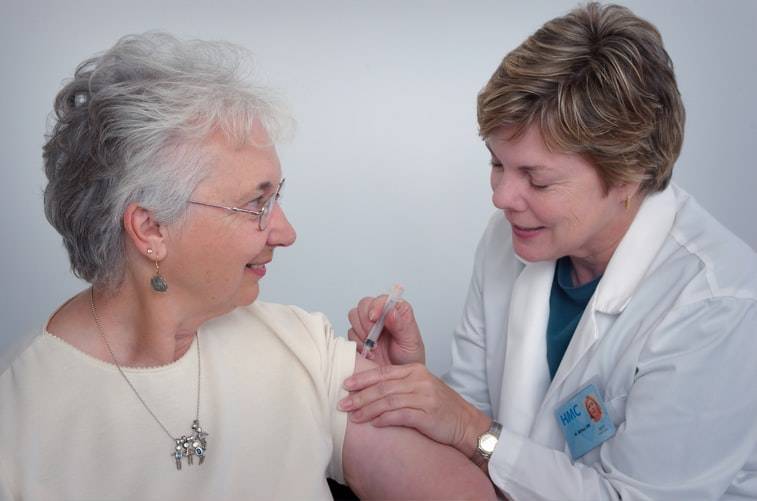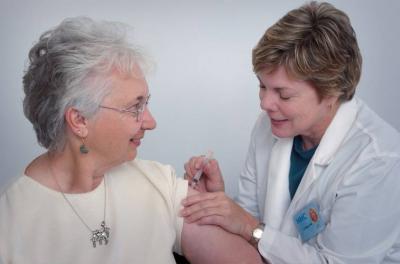Sky News reported on a new study that shows the first generation of the HPV vaccine has reduced the rate of cervical cancer among women by 87%. The human papillomavirus (HPV) causes warts on the skin or mucous membranes. Although there are over 100 types of this virus, some can lead to various types of cancer, as it spreads through sexual contact.
The study, published in the prestigious journal "The Lancet," states that the cervical cancer virus program has prevented around 450 types of cancer and 17,200 pre-cancer cases among vaccinated populations. Researchers at King's College London and the UK government examined cancer incidence data based on the population standards in Britain from January 2006 to June 2019.
Professor Peter Sasieni, one of the researchers at King's College London, remarked, "The effect of the vaccine has been huge." He added that this is "just the beginning," as those vaccinated are still young and not yet at risk of cancer, indicating that numbers will increase over time. The research involved comparing seven groups of women who were vaccinated with others who were not.
Researchers concluded that the group vaccinated at an early stage had the greatest protection. Co-researcher Kate Soldan stated, "This study provides the first direct evidence of the vaccine's impact in reducing cervical cancer incidence." She considered this a significant step towards cervical cancer prevention, expressing hope that these results would lead to the expansion of the vaccination program, noting that the success of the vaccination program depends not only on the vaccine's effectiveness but also on the percentage of the population that receives it.
Last year, the World Health Organization launched a global strategy to accelerate the elimination of cervical cancer, marking the first international commitment to eradicate this type of cancer. It is noted that the vaccine is administered to girls aged 11 to 13, depending on where they live in Britain. The vaccine has also been offered to boys since 2019. This strategy aims to ensure that 90% of girls receive a complete HPV vaccination by the age of 15.




